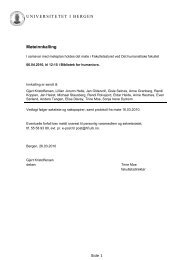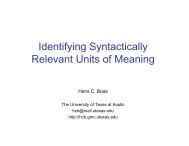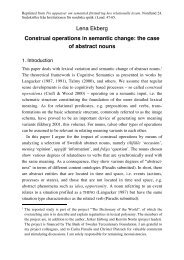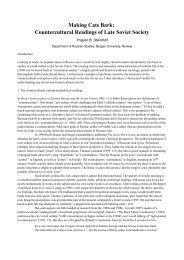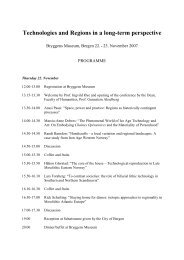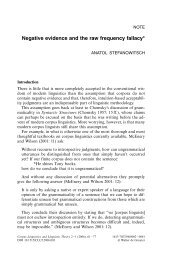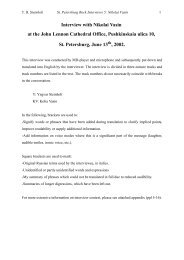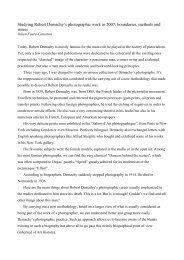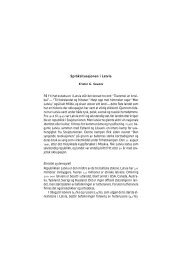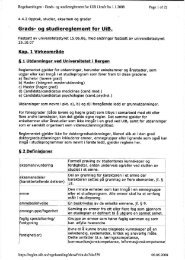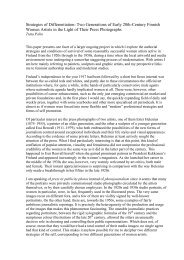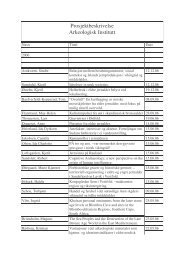THE BOOK OF POEMS IN TWENTIETH-CENTURY ... - TopReferat
THE BOOK OF POEMS IN TWENTIETH-CENTURY ... - TopReferat
THE BOOK OF POEMS IN TWENTIETH-CENTURY ... - TopReferat
You also want an ePaper? Increase the reach of your titles
YUMPU automatically turns print PDFs into web optimized ePapers that Google loves.
Падающие, падающие линии...<br />
Женская душа бессознательна,<br />
Много ли нужно ей?<br />
Будьте же, как буду отныне я,<br />
К женщине тихо-внимательны,<br />
И ласковей, и нежней.<br />
Женская душа—пустынная,<br />
Знает ли, какая холодная,<br />
Знает ли, как груба?<br />
Утешайте же душу невинную,<br />
Обманите, что она свободная...<br />
Всё равно она будет раба.<br />
Falling, falling lines…<br />
A woman's soul is unconscious,<br />
Does it need much?<br />
But be, as I will be from now on,<br />
Quietly attentive to woman,<br />
And more affectionate, and more tender.<br />
A woman's soul is empty,<br />
Does it know how cold,<br />
Does it know how crude?<br />
But console the innocent soul,<br />
Deceive her that it is free…<br />
All the same it will be a slave.<br />
The disdainful tone of "Женскость" clearly jars with the reverential<br />
announcement of the birth of Freedom in "Рождение." In fact, this birth appears to be<br />
ironized: the freedom of "Рождение" is denied the female soul in "Женскость"; woman<br />
will be deceived into believing she is free, when in fact she is forever a slave. The poet,<br />
while acknowledging the gross and empty 139 nature of the female soul, vows to treat her<br />
more tenderly and attentively, again fooling her into a sense of contentment. This "more<br />
139 Gippius's use of the adjective "пустынная" in describing the female soul provides a sharp contrast to<br />
previously discussed comparisons of Teresa to cool, mountain water.<br />
107



